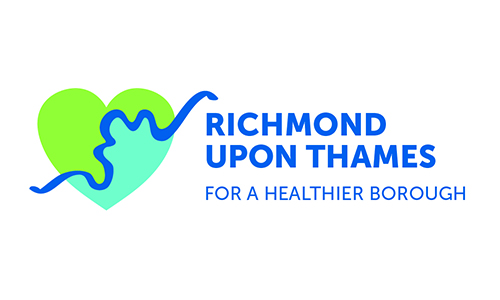The Richmond and Wandsworth Safeguarding Adults Board would like to raise awareness around the Safeguarding topic of self-neglect.
What is Self-neglect?
Self-neglect is a behavioural condition which leads to a person not being able to look after their own basic needs. These include not looking after their living environment, not seeking advice for medical issues, hoarding animals or items and the inability to maintain their own personal hygiene.
What causes Self-neglect?
Adults can be at risk of self-neglect due to a number of reasons: it could be a physical disability, an illness, their age or their mental health. They may find it difficult to protect themselves from abuse because of their care and support needs.
There are two main types of self-neglect, they are intentional/active which is when a person makes a conscious decision to partake. This can include not going to the doctor when they know they are unwell and going days without washing themselves when they know they need to. The other type is non-intentional or ‘passive’ – this is when health-related conditions contribute to the risk of self-neglect developing. For example, a person with a dementia may suffer from regular memory loss and forget to cook themselves food.
How to respond to Self-neglect cases
Self-neglect is very complex area, which health and care organisations take very seriously. Responding to concerns of self-neglect can be demanding and challenging for everyone involved. Findings from practice and conversations with people affected identify that success can be realised through the building of relationships. By working in this way, we are genuinely able to balance the issue of managing risk and supporting a strengths-based approach to work together to identify meaningful solutions.
In Richmond, cases of self-neglect could be referred to the Vulnerable Adults Multiagency Assessment Panel (VAMA), which includes representation from Richmond’s Adult Social Care, Housing and Mental Health services, as well as the Metropolitan Police, London Fire Brigade and health providers. The purpose of the panel is to ensure that multi-agency communication and information sharing takes place on a regular basis and to support professionals and their managers in managing the most challenging and concerning cases.
What do I do if I am concerned about someone?
If you become aware that a person is self-neglecting and appropriate steps are not taken to respond, there is a real risk of the situation worsening and may eventually result in permanent damage to a person’s mental or physical health, or even death. If there are immediate serious risks to life and limb, you should consider if it is necessary to call emergency services (e.g. ambulance) and any other immediate actions required to minimise the risk to the individual or others. If the individual has family or close friends let them know as soon as possible.
How do I report suspected Self-neglect?
As self-neglect is a recognised safeguarding issue you should report your concerns to Adult Social Services. If you are concerned about someone who may be at risk of harm from self-neglect you should gather as much information as possible, including, if known, clear immediate risks.
Information should include if known:
• Person’s name
• Contact details
• What are the risks and concerns
• State of property, including the risk of fire
• The appearance of a person (including clothing, weight, personal hygiene)
• Health concerns (physical and/or mental)
• Any concerns about the person’s mental capacity
• Any animals
Any history that is known about the person including:
• Social networks
• Carers
• Family
• Details of previous/attempts to work with the person
• Refusals of help
• Is the person aware you are contacting a service?
Do not worry if you can’t obtain this information. It is better to report the concern with the information you have and allow the statutory authorities to pick up the report and investigate it further.
If you’re concerned that someone you know may be neglecting their basic needs, call 020 8891 7971 or email adultsocialservices@richmond.gov.uk

